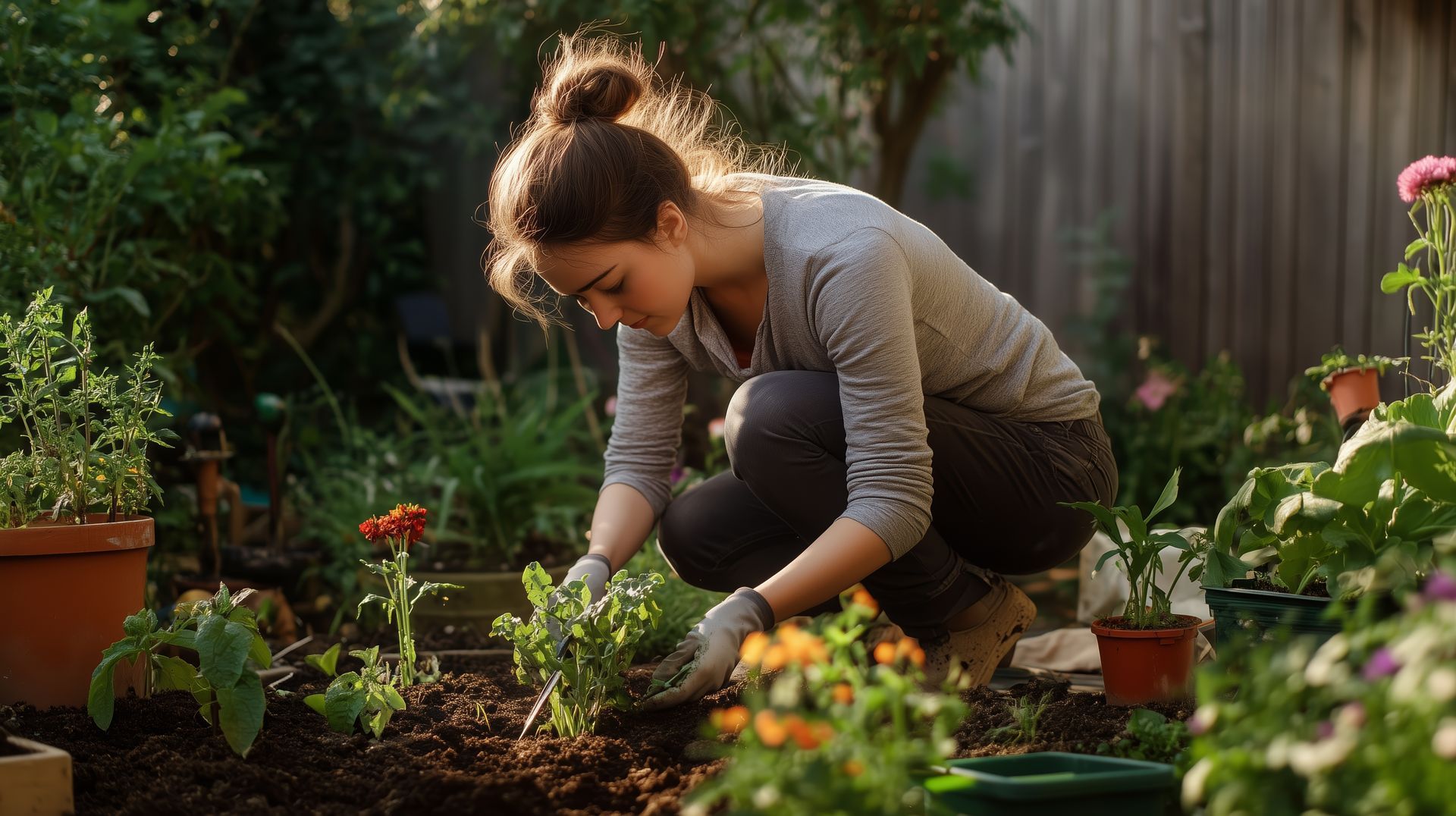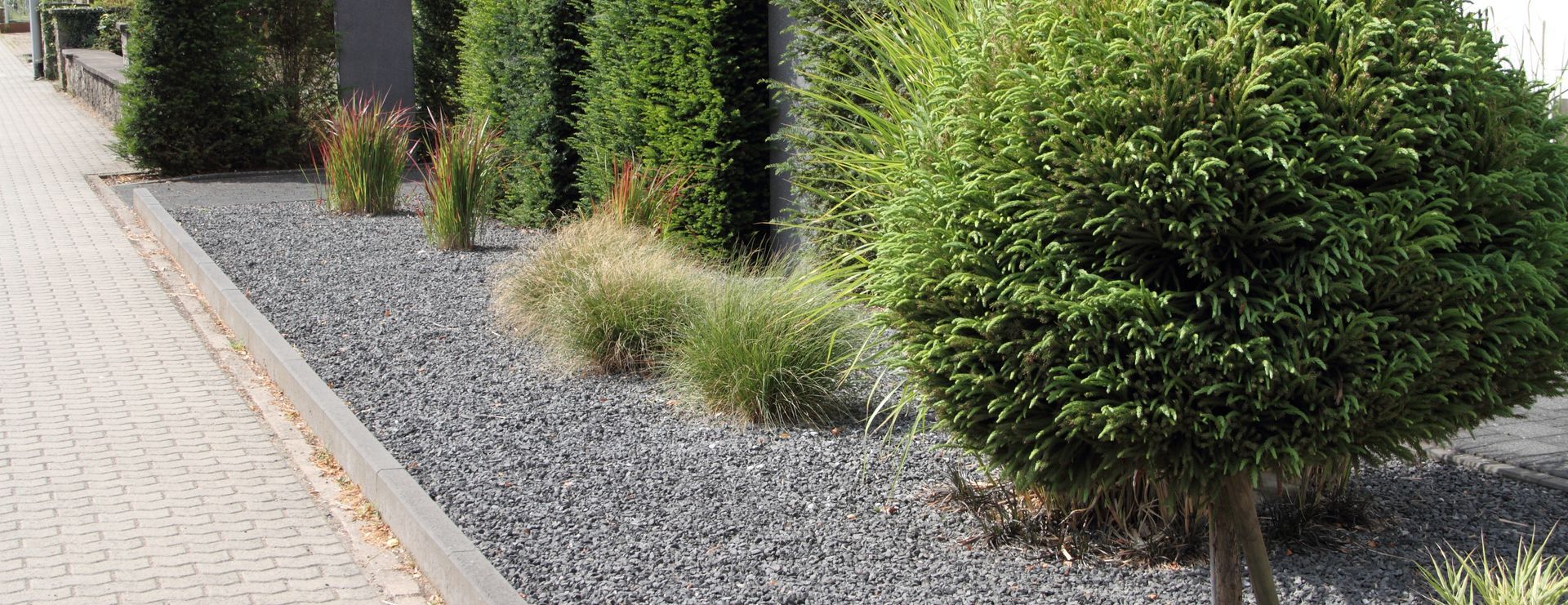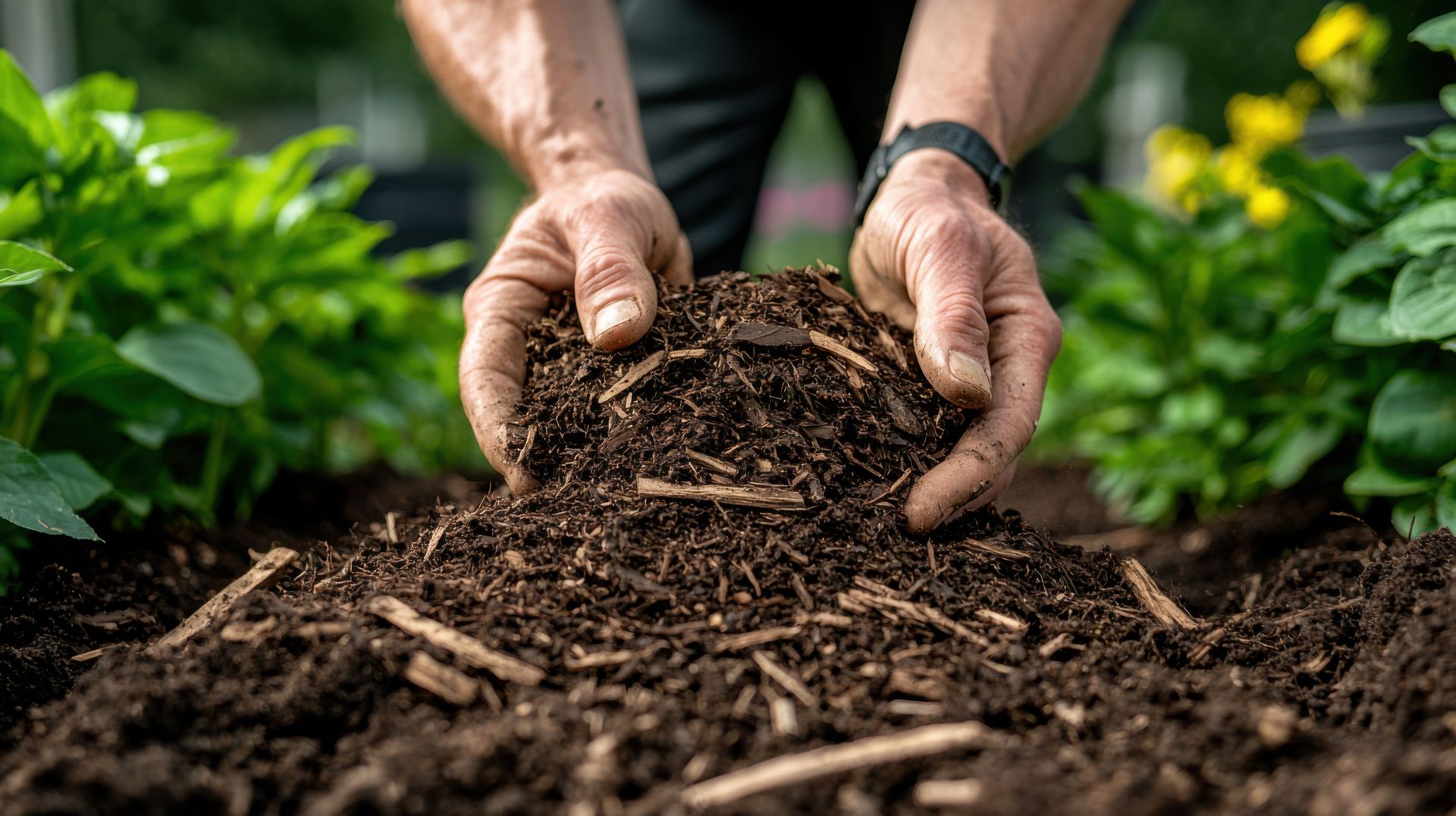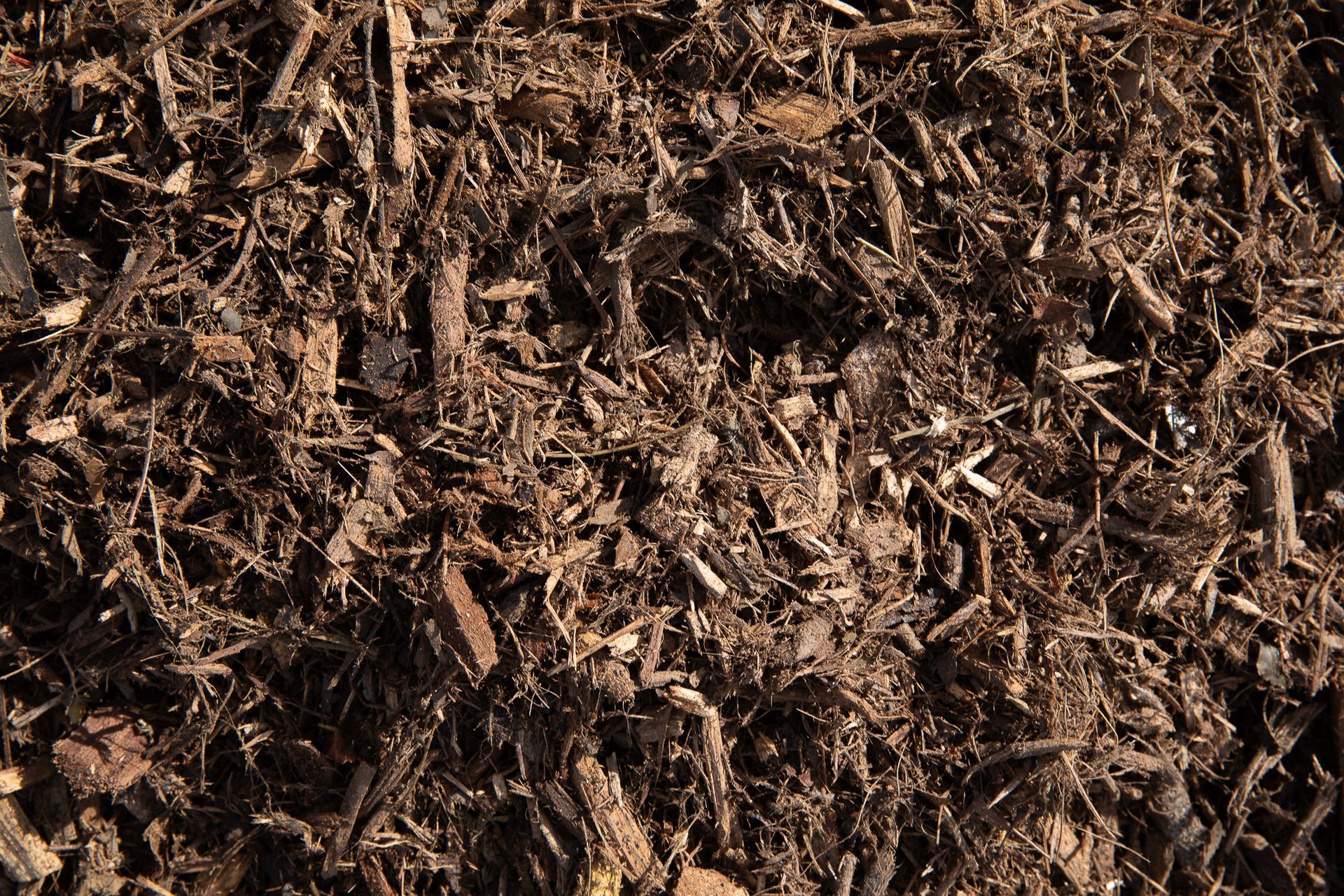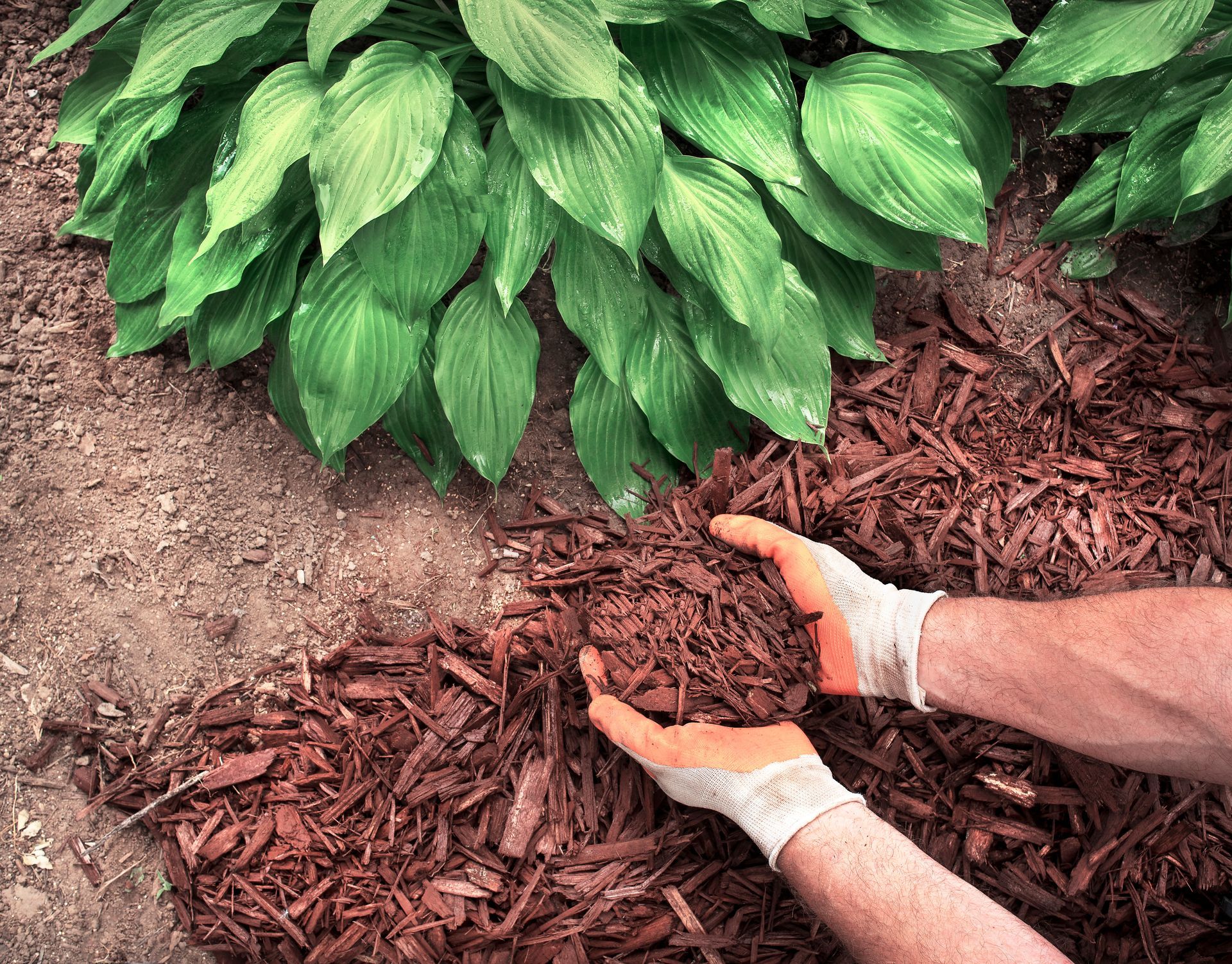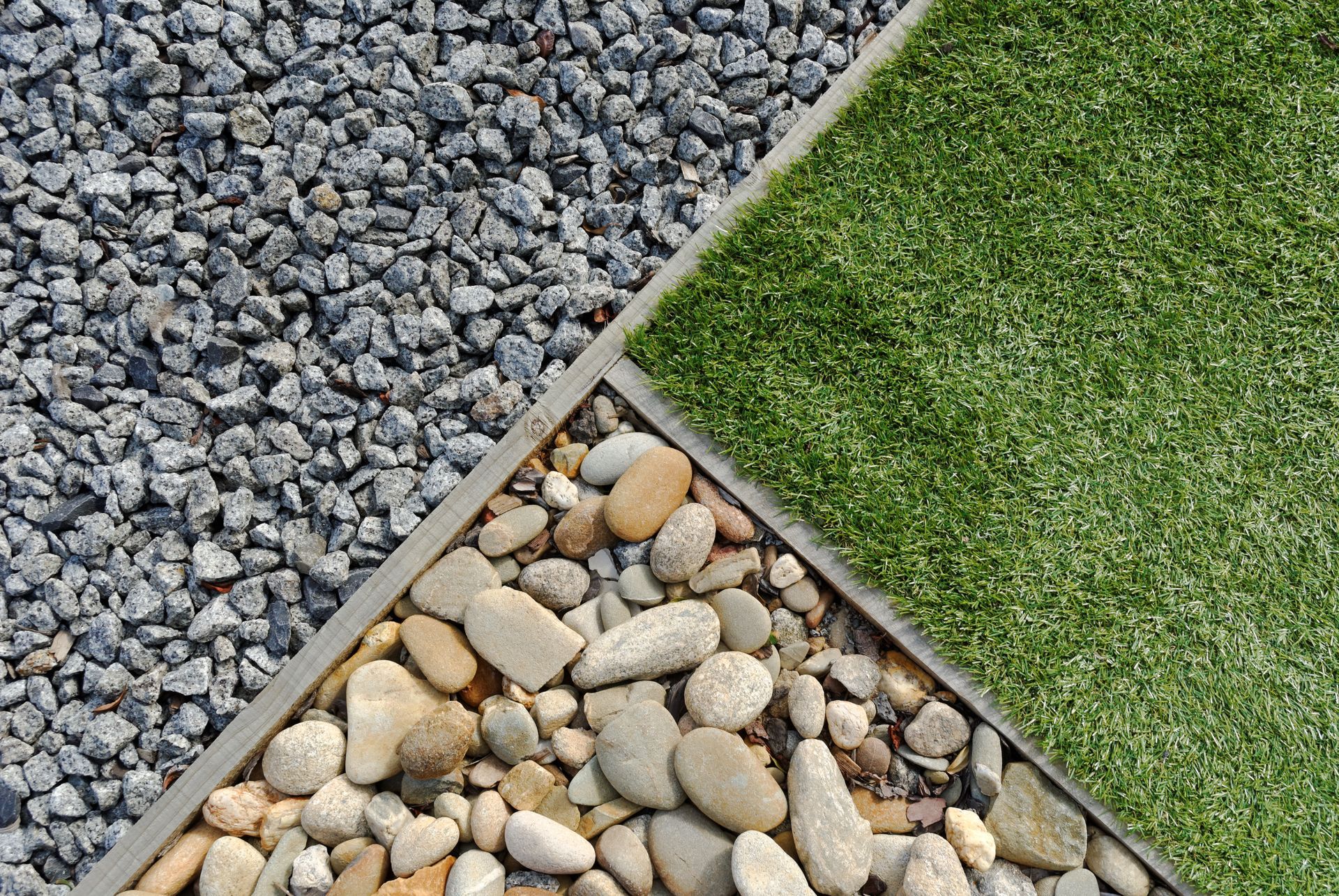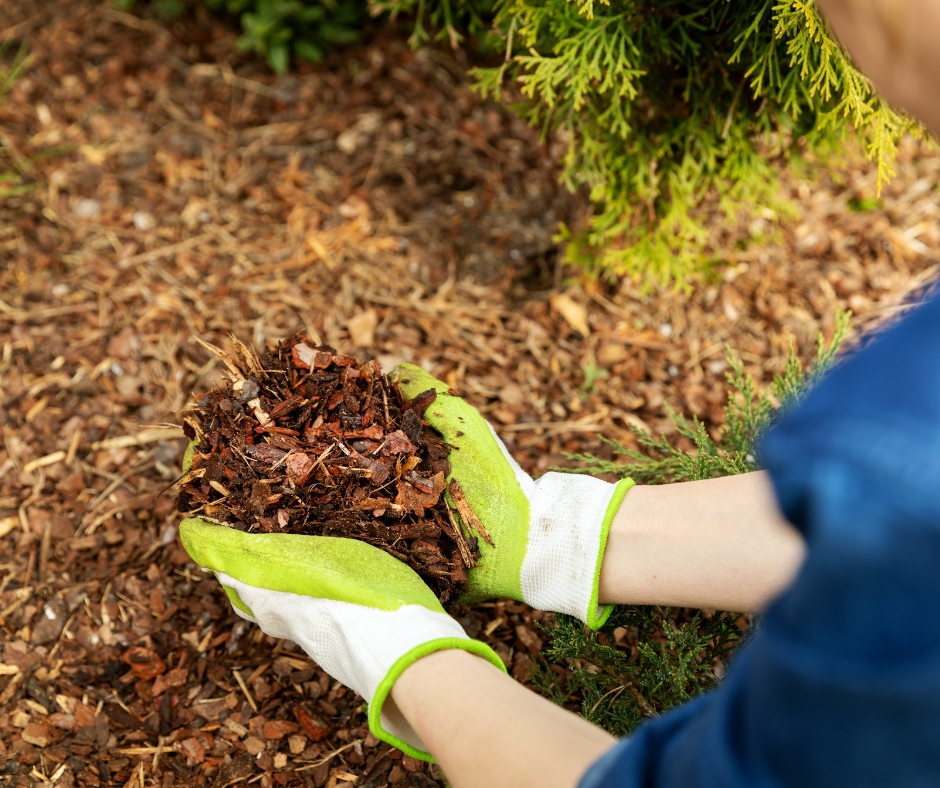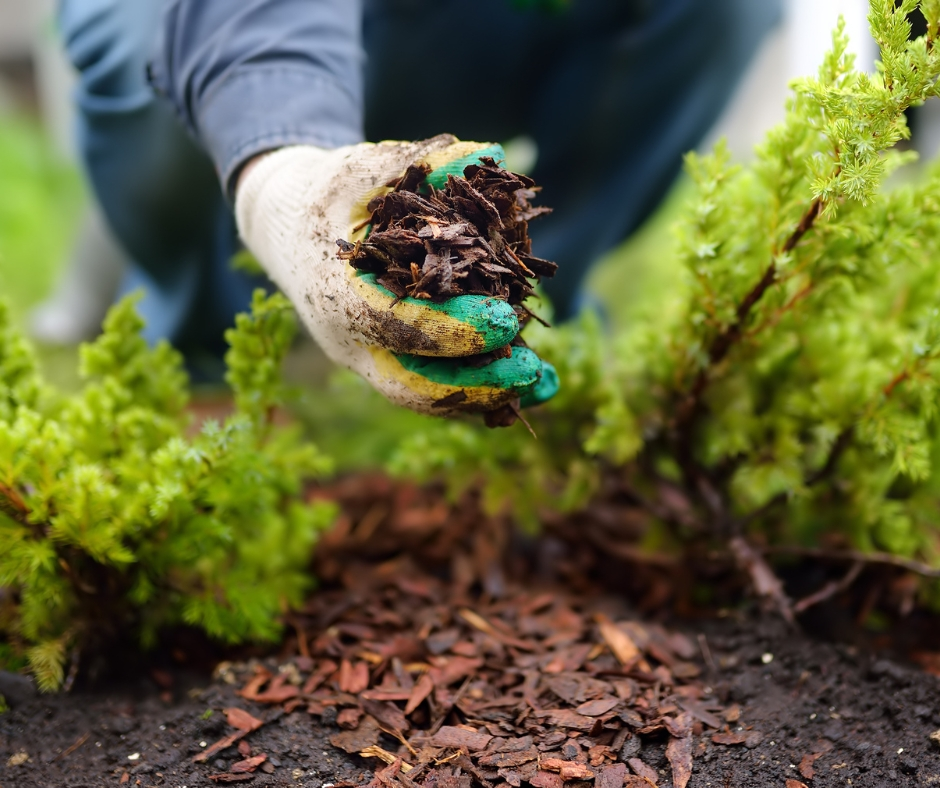The Many Types Of Soils You Didn't Know Existed
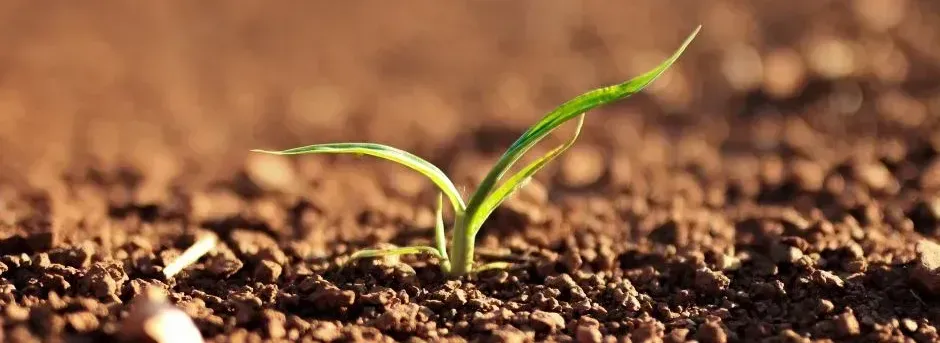
There are many different types of soils in the world. They can be classified based on their composition, structure, and other properties. The three main types of soils are sand, clay, and loam.
Soil is a very important resource. It is the foundation of all terrestrial ecosystems and provides many ecosystem services, such as water and food production, carbon sequestration, and nutrient cycling.
Despite its importance, soils are often taken for granted and not given the attention they deserve. This is especially true in developed countries, where soils have been badly degraded by centuries of intensive agriculture.
Keep reading to learn about the different types of soils and the importance of taking care of them!
The Different Types of Soils
Soils can be divided into different types depending on their characteristics. The most common types are sand, clay, and loam. Sand-type soils are composed mostly of quartz and other minerals. These soils are coarse, have low nutrient levels, and can be difficult to work with. Sandy soils tend to be very low in organic matter, which makes it difficult for plants to receive the nutrients they need. Clay-type soils contain fine particles such as clay and silt. These soils are usually higher in nutrients than sand-type soils, but they can be difficult to work with and prone to compaction. Loam-type soils are a mix of sand, silt, clay, and organic matter. These soils are ideal for growing plants because they provide good drainage, aeration, and nutrient-holding capacity. Loam-type soils are also easier to work with than sand-type soils and are less prone to compaction.
What is Your Soil Type?
The type of soil you have can vary depending on your local climate, elevation, and other environmental factors. The best way to determine your soil type is to have it tested. A soil test will give you information about the nutrient content, pH, and texture of your soil. Knowing the type of soil you have will help you know how to best care for your garden or lawn.
The Importance of Healthy Soil
Healthy soil is key to a healthy planet. It is the foundation of terrestrial ecosystems and provides many ecosystem services, such as food production, water quality, and carbon sequestration. Unfortunately, soils around the world have been badly degraded by centuries of intensive agriculture and other human activities. This degradation has led to a loss of fertility and reduced crop yields. It is essential to protect and restore soils if we want to maintain healthy ecosystems and keep the planet habitable. Thankfully, there are many ways to improve soil health, from no-till farming to agroforestry and cover cropping.
How to Improve Your Soil Health
Improving soil health is key to maintaining healthy ecosystems and sustainable food production. Here are three simple ways to improve your soil health:
- Keep soil covered: Soil that remains covered with organic matter (such as plant materials and compost) is more fertile and resilient to erosion.
- Reduce soil compaction: Compacted soils are difficult for plants to grow in. Incorporate organic matter into your soil to improve its structure and reduce compaction.
- Reduce tillage: Tillage can lead to soil erosion and nutrient loss. Minimizing tillage can help keep soils healthy and productive.
Wrapping Things Up: It is important to be aware of the different types of soils and the importance of maintaining healthy soils for a healthy planet. Knowing your soil type can help you best care for your garden or lawn. There are many simple ways to improve soil health, from keeping the soil covered to reducing tillage and compaction. Taking the time to care for your soils can go a long way toward a more sustainable future.
Home gardeners and farmers - North County Supply has the best soil in town!
We offer a variety of soils for all your gardening needs, whether you're looking to grow a vegetable garden, or flowers, or just want to spruce up your yard. Our Soil is rich in nutrients and perfect for getting your garden off to a healthy start.
Stop by our shop today and pick up some of our high-quality soil. You won't be disappointed!
Call us at 760-744-3444 or visit our website: https://www.northcountysupply.com/. North County Supply's Service Locations: San Diego, Escondido, San Marcos, Vista, Oceanside, Carlsbad, Chula Vista, El Cajon, Poway, Santee, Encinitas, Valley Center, La Mesa, Temecula, Murrieta, Coronado, Del Mar, Alpine, Lakeside, Fallbrook, Daley Ranch, Hidden Meadows, Menifee, Solana Beach, Carmel Valley, Ramona, Torrey Pines, Rancho Penasquitos.
